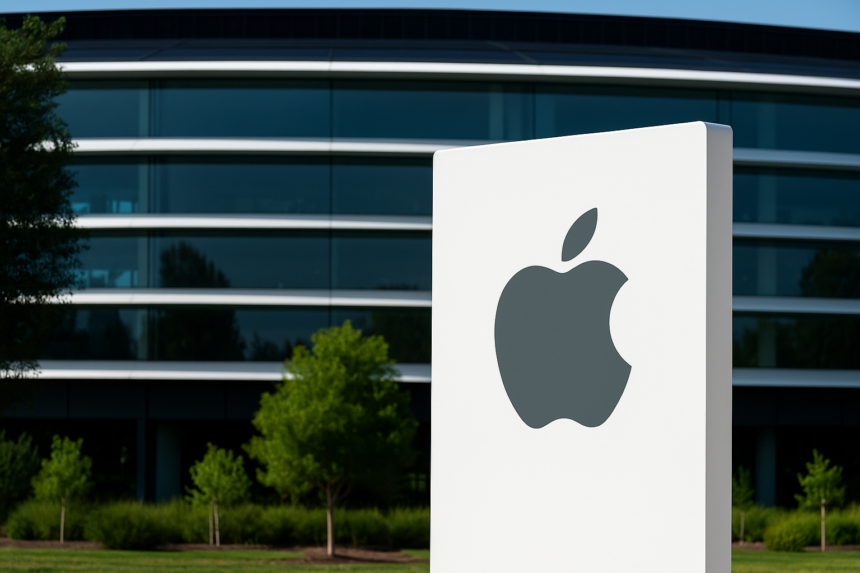In a radical decision, a U.S. District Judge has ruled that Apple violated a court order that required the company to allow greater competition for app downloads and payment methods in its App Store. The case stems from an ongoing antitrust lawsuit filed by Epic Games, the developer behind Fortnite, against the tech giant. The judge’s ruling places Apple under further scrutiny, with the company now facing a referral to federal prosecutors for potential criminal contempt charges.
What’s Happening & Why This Matters
The court ruling follows a lengthy legal battle between Apple and Epic Games, which accused the tech giant of stifling competition in the app marketplace. Epic claimed that Apple had been restricting developers from directing users to other payment methods outside the App Store while charging an exorbitant 30% commission on in-app purchases. The ruling was part of an antitrust case initiated after Epic Games filed a complaint against Apple’s monopolistic behavior.

In 2021, Judge Yvonne Gonzalez Rogers ruled in favor of Epic Games, finding that Apple violated California’s competition laws. As a result, Apple was required to allow developers more flexibility in directing users to external payment systems. The judge also imposed an injunction that Apple was supposed to comply with, but the company’s failure to adhere to the terms led to this latest decision. Apple was found to have blatantly disregarded the court order by imposing a new 27% fee on transactions outside the App Store.
Apple’s response has denied any wrongdoing, stating that the company has made extensive efforts to comply with the ruling while maintaining its business model. The company argues that its actions are intended to preserve the security and integrity of the App Store while safeguarding consumers. However, the court suggested that Apple’s new system was designed not to comply with the court’s ruling but to further stifle competition. Epic Games also accused Apple of dissuading customers from using external payment options by displaying warning messages about potential risks associated with external links.

This ruling marks another chapter in the ongoing battle between Apple and Epic Games, with the tech giant facing even more pressure from regulatory bodies. The U.S. legal system has clarified that it will no longer tolerate anti-competitive behavior from tech companies that dominate the app distribution space. As more companies push for a fairer market in the app industry, this decision could be a turning point for the future of digital commerce and the power of app stores.
TF Summary: What’s Next
As Apple faces further scrutiny over its business practices, particularly in the App Store, it must carefully navigate future legal challenges. The referral to federal prosecutors for potential criminal contempt could signal a more aggressive stance by the U.S. government against monopolistic practices in the tech industry. This ruling may also pave the way for competitors to challenge Apple’s app market dominance, leading to further regulatory changes to ensure competition and fairness in the digital economy.
What comes next will impact the entire industry — including how app stores operate, handle payment processing, and interact with developers. Apple’s appeal, or lack thereof, will inform the direction of future app store regulations.
— Text-to-Speech (TTS) provided by gspeech


